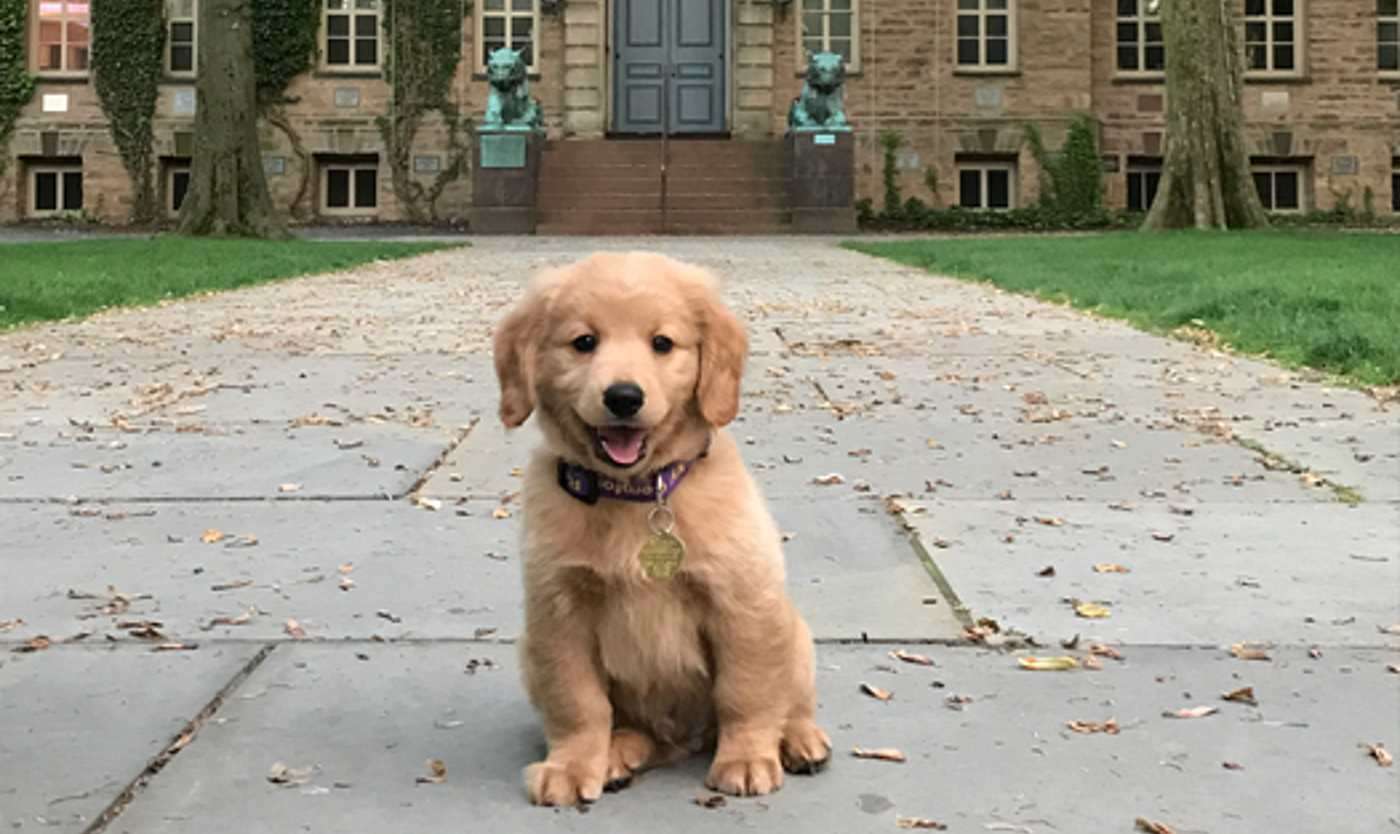Stray Cats Saved a Restaurant During the Pandemic By Lounging On Miniature Models in the Window (LOOK)
Stray Cats in Japan saved a diorama restaurant during the pandemic just by lounging on the miniature models. Check out the adorable photos.

A new study into how long dogs live busts the myth that each of our years is seven for dogs-and could even help humans live longer.
A commonly-held belief is that dogs age seven times faster than us, so a one-year-old dog is like a seven-year-old child.
But large breeds age ten times quicker than us and some small dogs can be half of that.
Now scientists are studying the genomes of 10,000 dogs in a long-term study called the Dog Aging Project.
And they hope they will be able to see why ‘super centenarian' dogs that live to 20 can survive so long and apply it to people.
Professor Joshua Akey, at Princeton University, said, "This is a very large, ambitious, wildly interdisciplinary project that has the potential to be a powerful resource for the broader scientific community.
"Personally, I find this project exciting because I think it will improve dog, and ultimately, human health.
"We are sequencing the genomes of 10,000 dogs.
"This will be one of the largest genetics data sets ever produced for dogs, and it will be a powerful resource not only to understand the role of genetics in aging, but also to answer more fundamental questions about the evolutionary history and domestication of dogs.
"One part of the project that I am super excited about is a 'super-centenarian' study, comparing the DNA of exceptionally long-lived dogs to dogs that live to the average age for their breed."
The researchers hope to identify specific biomarkers of canine aging.
Prof Akey added, "This is the first study of its kind in dogs and I think it's a clever way of trying to find genetic differences that contribute to exceptional longevity."
They anticipate that their findings will translate to human aging, for several reasons, dogs experience nearly every functional decline and disease of aging that people do; the extent of veterinary care parallels human healthcare in many ways, and our dogs share our lived environments, a major determinant of aging and one that cannot be replicated in any lab setting.
Professor Daniel Promislow, at the University of Washington and principal investigator, said, "Given that dogs share the human environment and have a sophisticated health care system but are much shorter-lived than people, they offer a unique opportunity to identify the genetic, environmental, and lifestyle factors associated with healthy lifespan."
The project has been outlined in the journal Nature.
DON'T Let Fascinating News Age; Share This Story…..
Be the first to comment